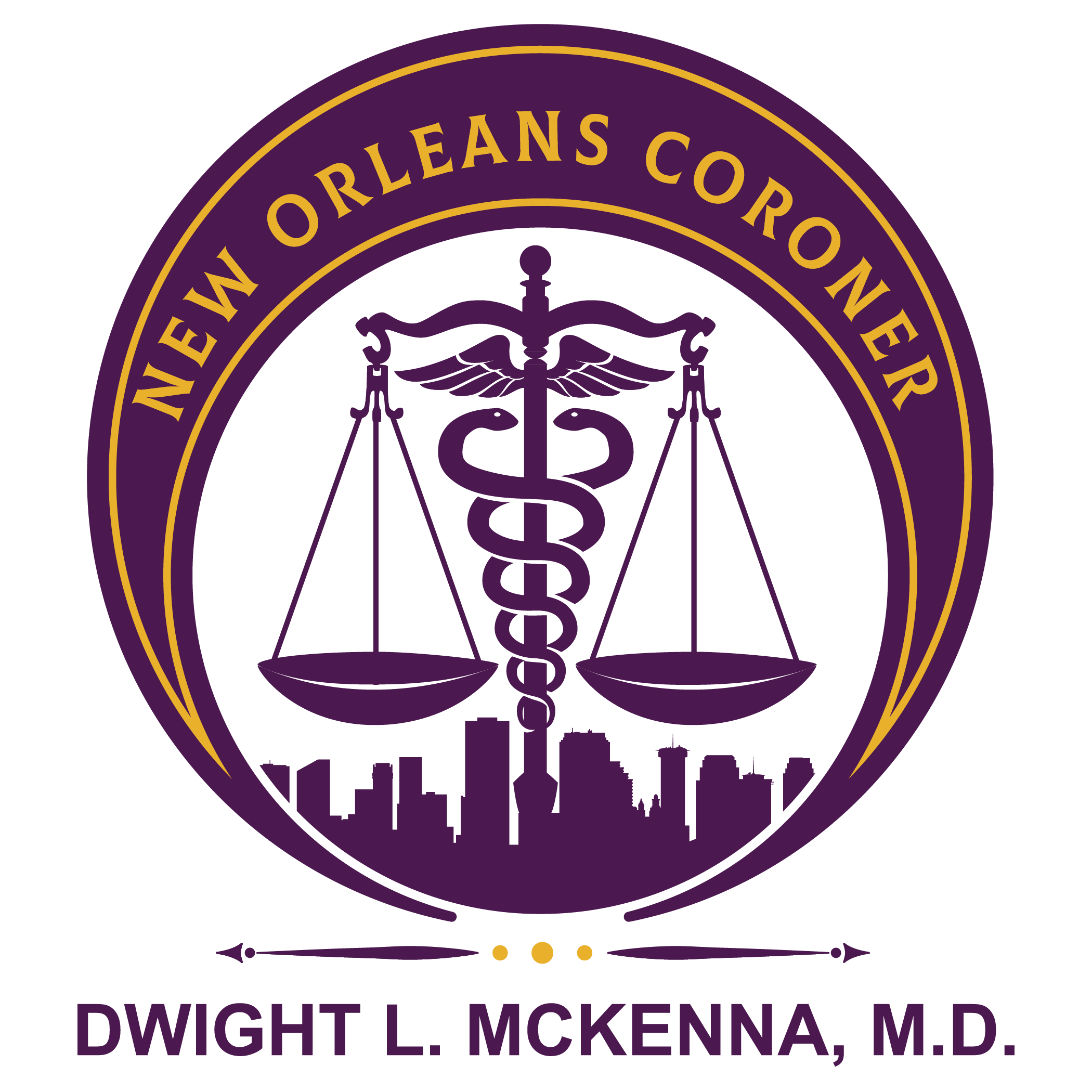Medical experts are saying that cancer-related mortality has been declining.
Treatment advances have reduced death rates for some cancers, but most of the
reduction in mortality can be attributed to long-standing efforts related to cancer
prevention and early detection. New Orleans Coroner, Dr. Dwight McKenna,
shares a few tips to help prevent cancer:
Start Healthy Habits
This isn’t new advice, but it makes sense. Follow a healthy lifestyle to help lower
the risk of cancer. This includes not smoking, as well as staying away from bad
toxins, limiting alcohol, eating fiber-rich fruits and vegetables, and limiting red meat
and processed foods. Try to control your calories, exercise regularly, sleep well
and avoid stress.
Get Screened
Following your doctor’s orders, patients should get, if needed, a mammogram to
screen for breast cancer, a colonoscopy to screen for gastrointestinal cancer, blood
tests to check for signs of prostate cancer, and for those with history of heavy
smoking, a low dose lung CT scan to screen for lung cancer. Stress tests can help
identify disease in its early stages, when it’s easiest to treat and cure.
Address Infection-Related Risks
A number of infections can lead to the development of cancers if untreated. These
viruses include hepatitis B and C, which can lead to liver cancer; HIV, which can
contribute to many cancer types including Kaposi sarcoma and lymphoma; and
HPV, which can lead to cancers of the cervix, vulva, vagina, penis, anus and throat.
Many can be treated or prevented.
Know Your Family History
Some people have a predisposition to to cancer because of inherited gene
mutations. It’s important to know how you can take preventive measures.
Consider screening or even surgery. Definitely seek professional advice.
Check Your Attitude
Prevention suggestions are generally the same for survivors of cancer as they are
for people who have never gotten that diagnosis. A different attitude between the
two can affect outcomes. Having a positive attitude can go far in the long run.
